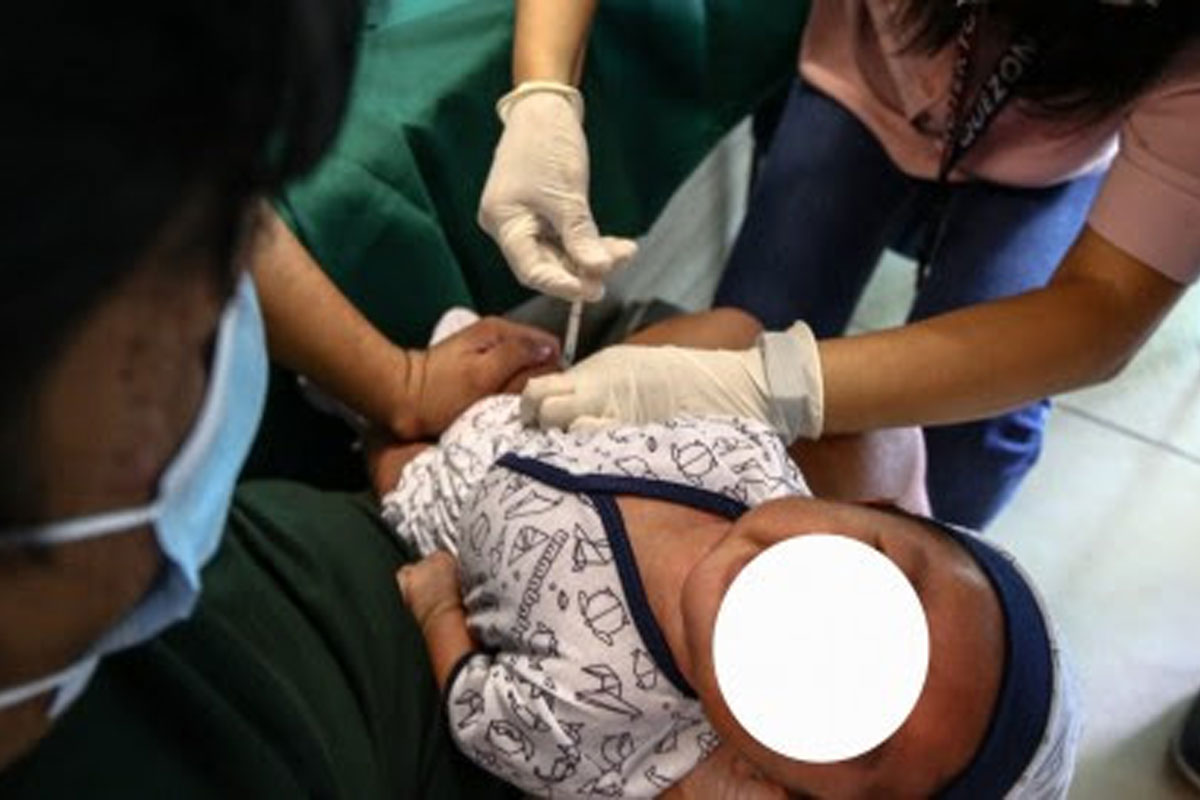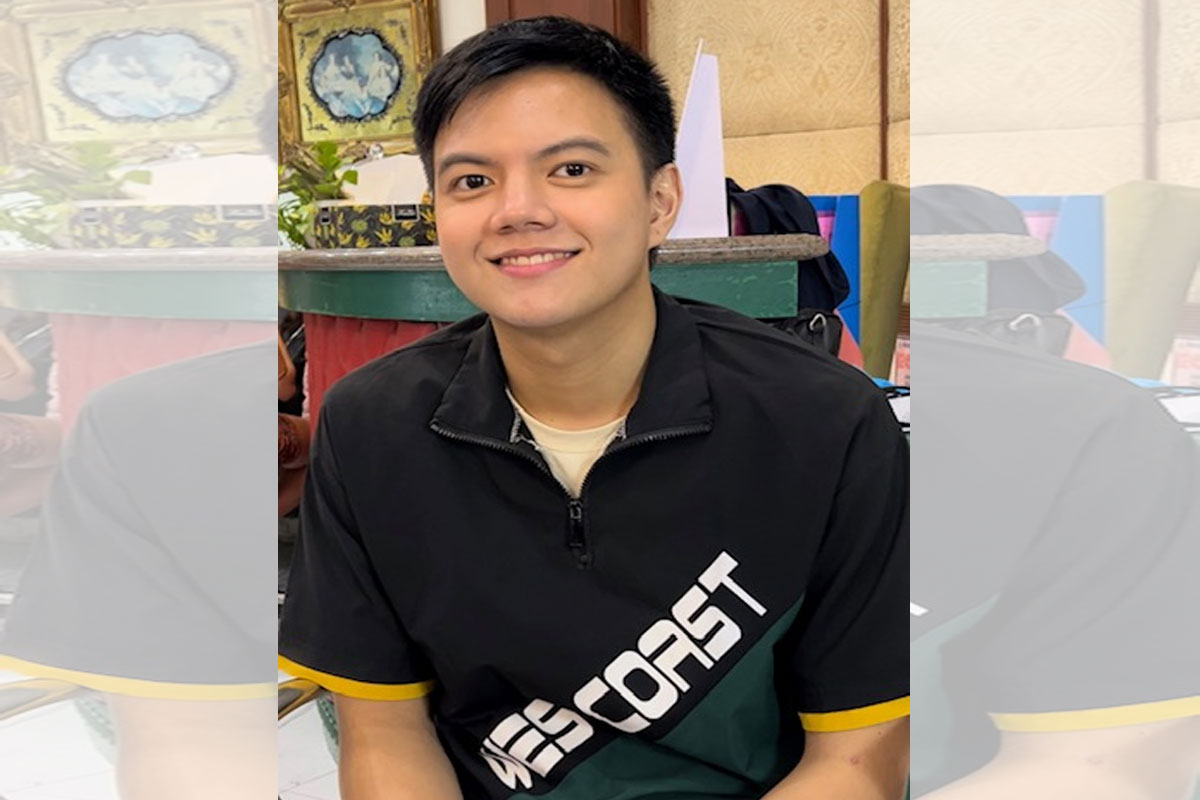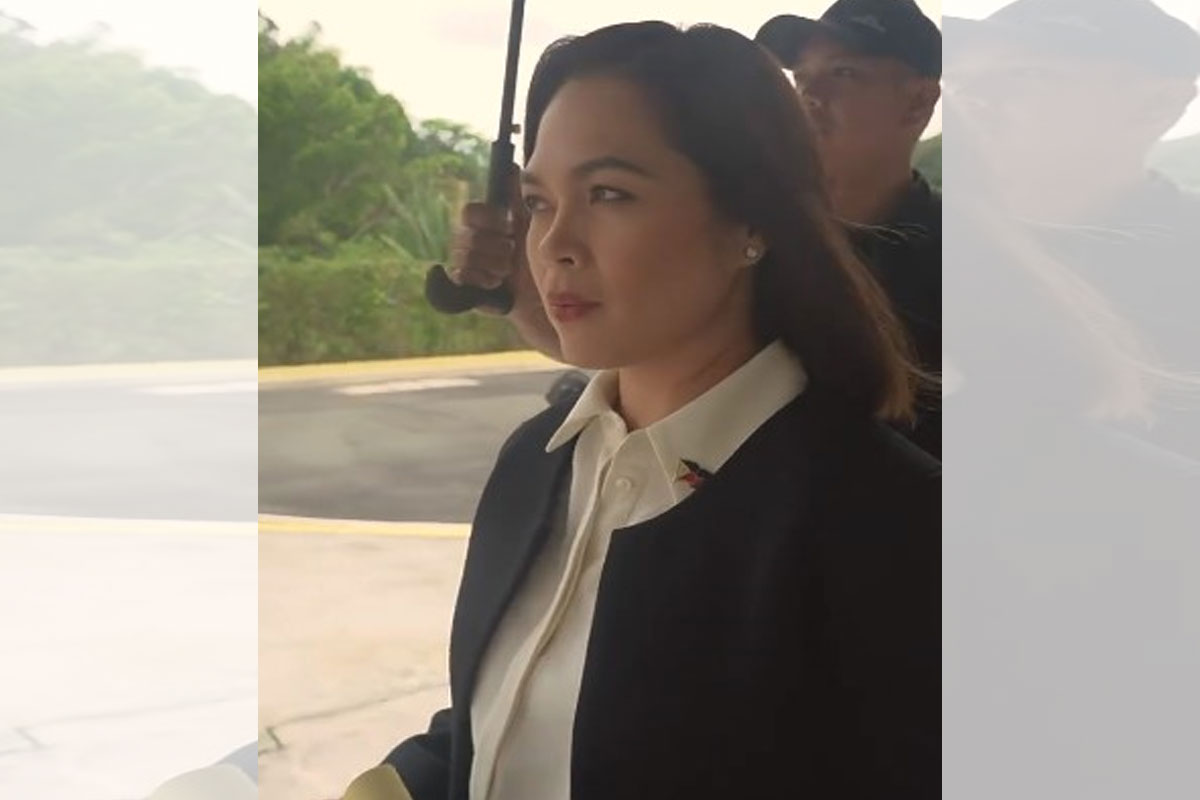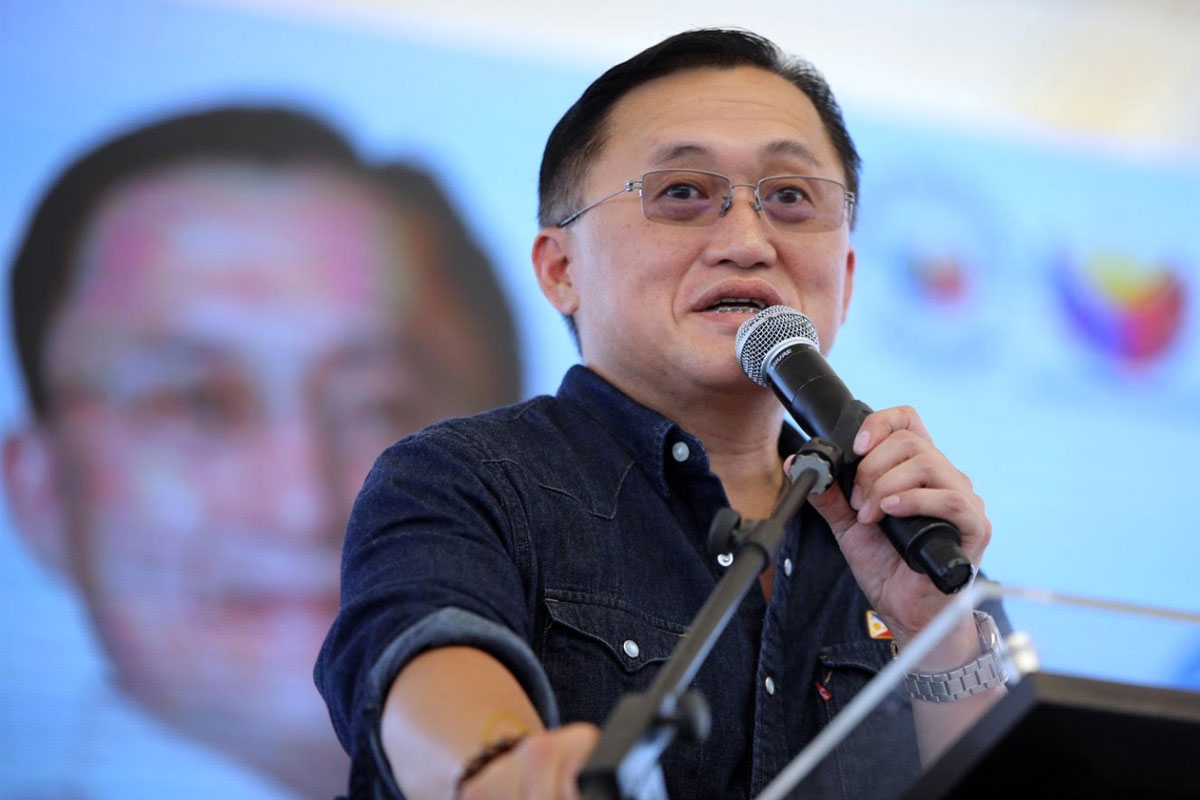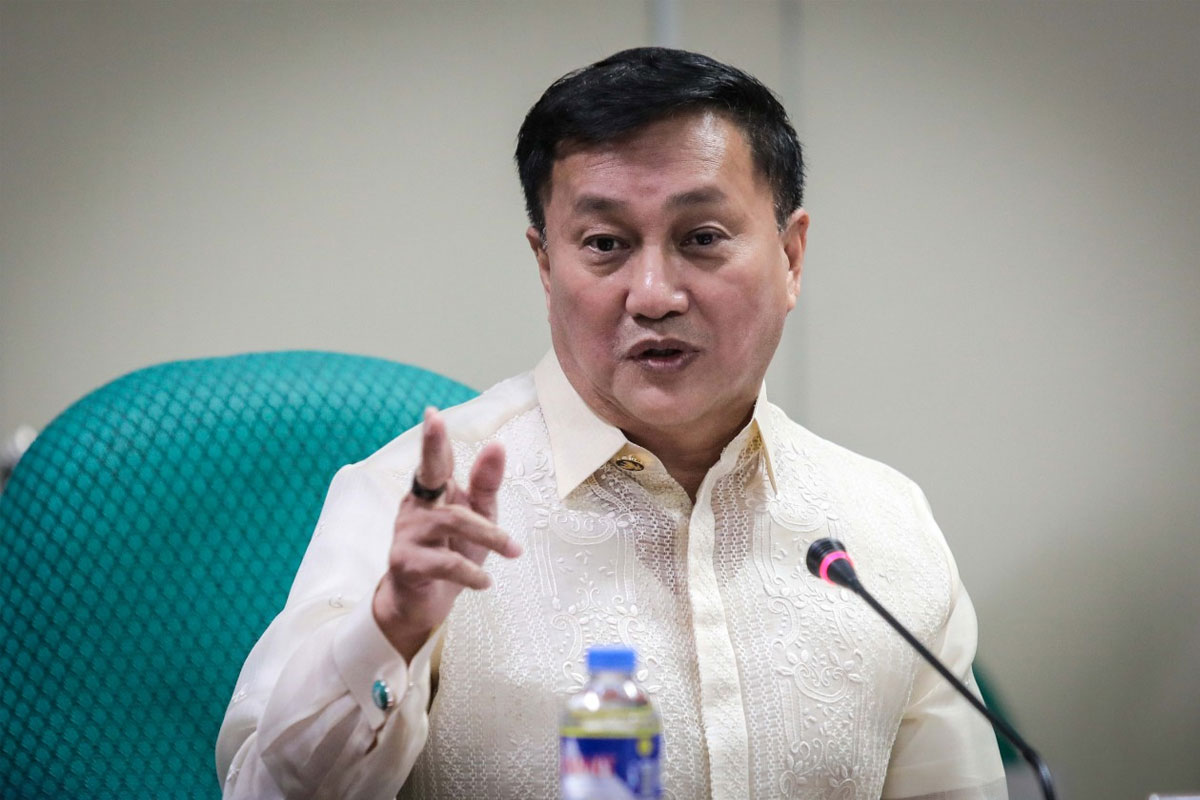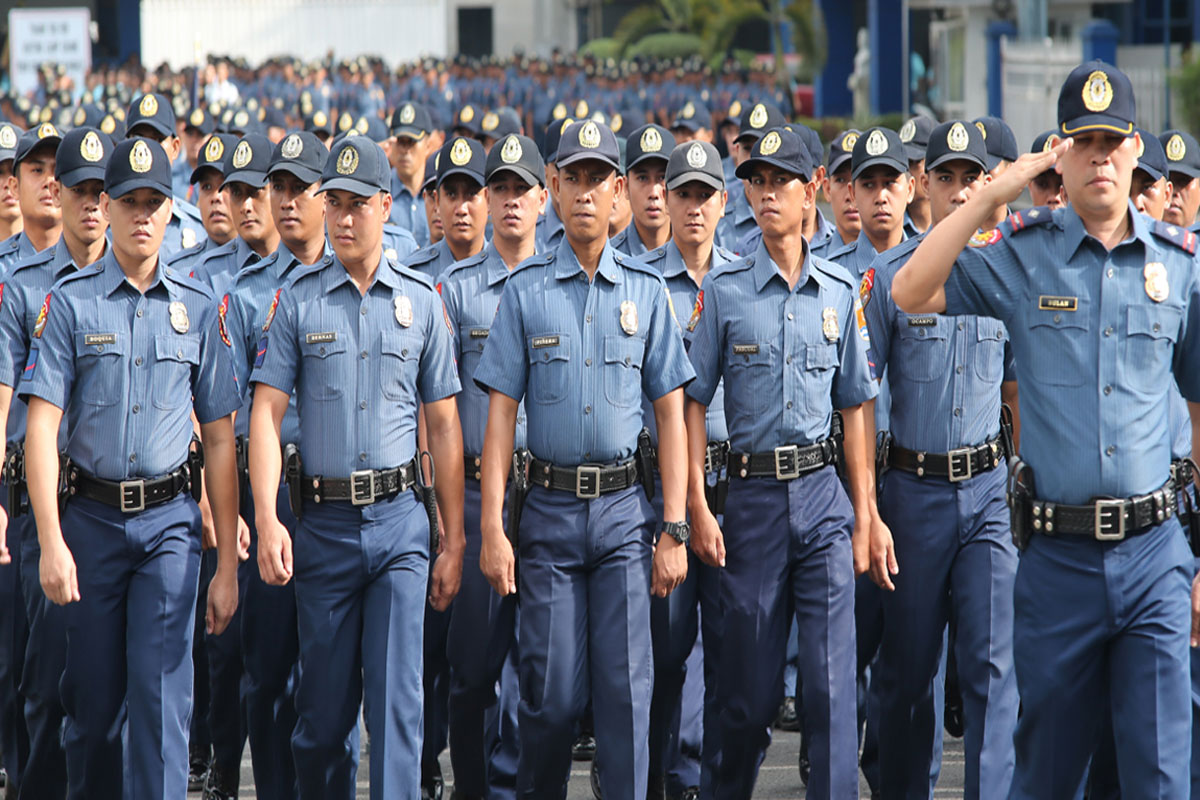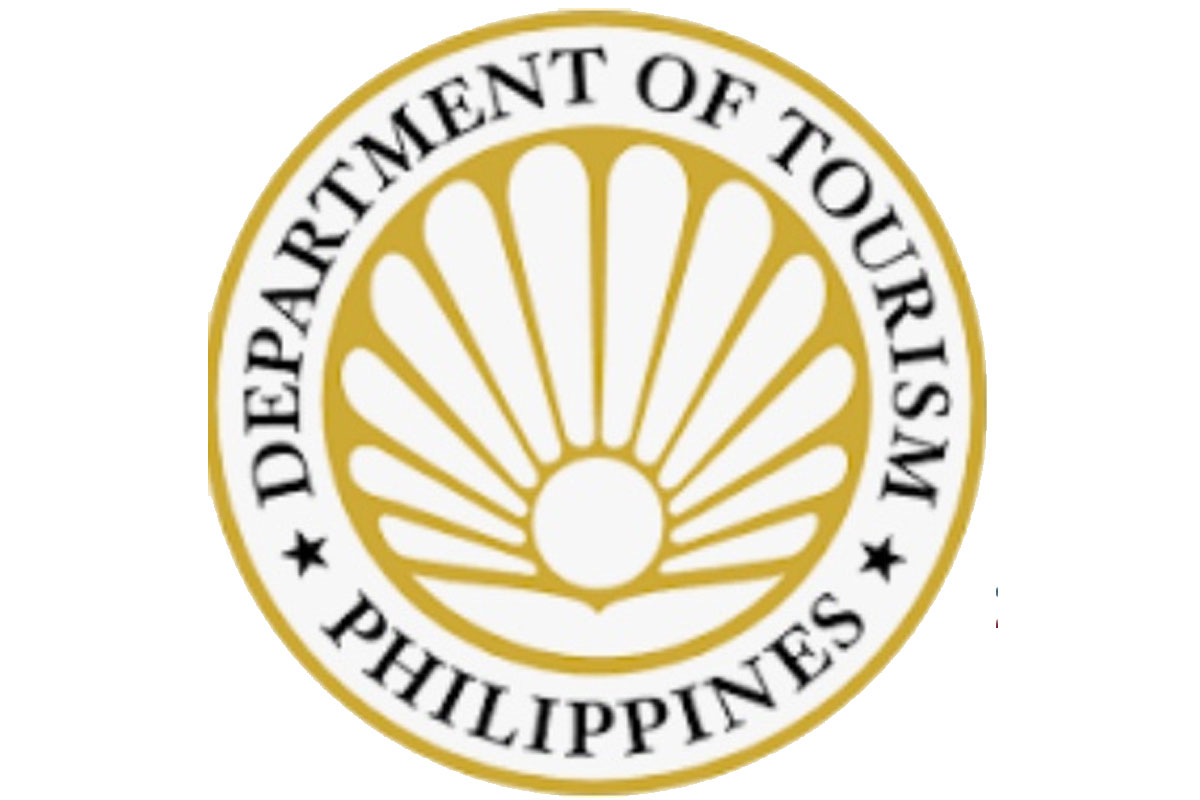
Hong Kong elite picks new ‘patriots only’ legislature
AFP, December 19, 2021 — Hong Kong’s political elite began voting to pick new city lawmakers on Sunday under Beijing’s “patriots only” rules that drastically reduce the number of directly elected seats and control who can run for office.
It is the first legislature poll overseen by a new political blueprint that China imposed on Hong Kong in response to massive and often violent pro-democracy protests two years ago.
All candidates have been vetted for their patriotism and political loyalty to China and only 20 of the 90 legislature seats will be directly elected.
Voting centres opened at 8:30 am (0030 GMT) for some 4.5 million registered voters in the city of 7.5 million, and will close 14 hours later with polling suggesting the turnout could be low.
The largest chunk of legislature seats — 40 — will be picked by a committee of 1,500 staunch Beijing loyalists.
The remaining 30 will be chosen by reliably pro-Beijing committees that represent special-interest and industry groups.
Low turnout?
Daniel So, a 65-year-old who works in technology, was among the first queueing at a polling centre in the wealthy Mid-Levels district.
“The young people are not so interested in this election because they are misled by foreign politicians and media,” he told AFP. “China is doing so great now.”
As Hong Kong leader Carrie Lam arrived to cast her vote, three protesters from the pro-democracy League of Social Democrats party chanted: “I want genuine universal suffrage.”
“(Lam) said this was an improvement of the electoral system, but in reality it stripped Hong Kongers of their right to vote,” activist Chan Po-ying told reporters.
Hong Kong currently bans more than four people gathering in public under coronavirus rules although it has not had a local outbreak in months.
For the first time, polling stations have been set up at the border to cater to Hong Kongers living in mainland China.
The government bought up newspaper front pages and billboards, sent flyers to every household, pinged mobile phones with reminders to vote and made public transport free for the day.
Some major private companies, including Chinese banks, property conglomerates and accounting multinational KPMG have encouraged staff to vote, according to media reports.
Despite the publicity blitz, the latest polls showed only 48 percent of respondents said they would vote — a record low — and 52 percent said they found no candidate worthy of support.
Lam has sought to manage expectations, telling state media last week that a low turnout could indicate “the government is doing well and its credibility is high”.
Independent polling places her public approval rating at around 36 percent.
Sunday’s election has received vocal backing from Beijing, which sees the new system as a way to root out “anti-China” elements and restore order in a legislature freed from a disruptive opposition.
Critics counter that authoritarian China has all but banned opposition politics in a city that once boasted a rambunctious political scene.
Dozens of prominent opposition figures — including many democrats who won legislature seats in the previous election — have been jailed, disqualified or have fled overseas.
Boycotts ‘illegal’
The city’s biggest pro-democracy parties have put forward no candidates and a growing number of Hong Kong activists abroad have also openly advocated a boycott.
Activist Sunny Cheung and former lawmaker Ted Hui hosted a livestream on Saturday aimed at persuading voters to stay home.
“I believe Hong Kongers who experienced the 2019 (democracy) movement will remain true to their principles and boycott this election,” Cheung wrote on Facebook.
Hui, who now lives in Australia, tweeted Sunday morning that the world should “look closely at Hong Kong’s sham election today, and think of the real candidates who were thrown in jail for almost one year now”.
Hong Kongers are allowed to cast blank ballots or not vote.
But earlier this year, authorities made it a crime to “incite” others to boycott elections or cast blank or spoiled ballots.
Authorities have arrested 10 people under this law so far, mostly for social media posts.
They have also issued arrest warrants for activists overseas, including Hui and Cheung, and threatened Western media outlets with prosecution for editorials critical of the new political system.
Police said they will deploy more than 10,000 officers on Sunday to ensure a “safe and smooth” election and have vowed to arrest anyone making calls to boycott. By Holmes Chan and Su Xinqi






